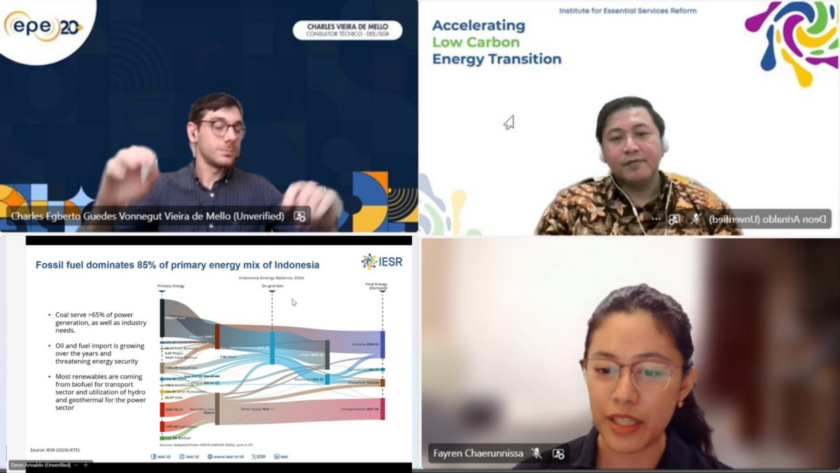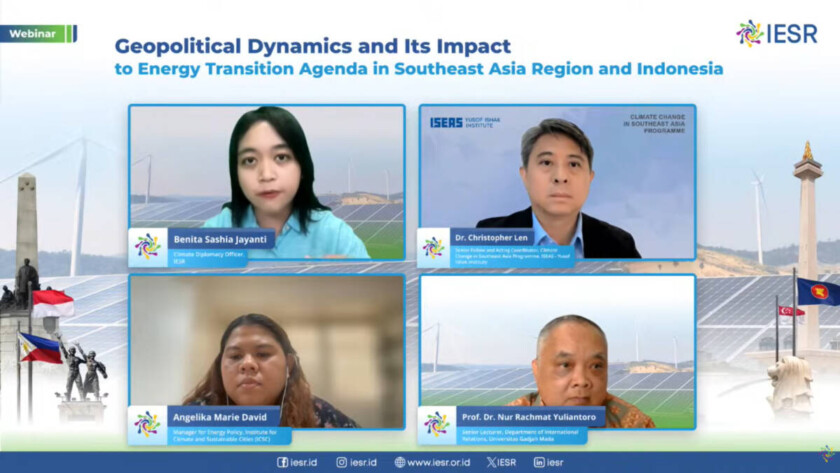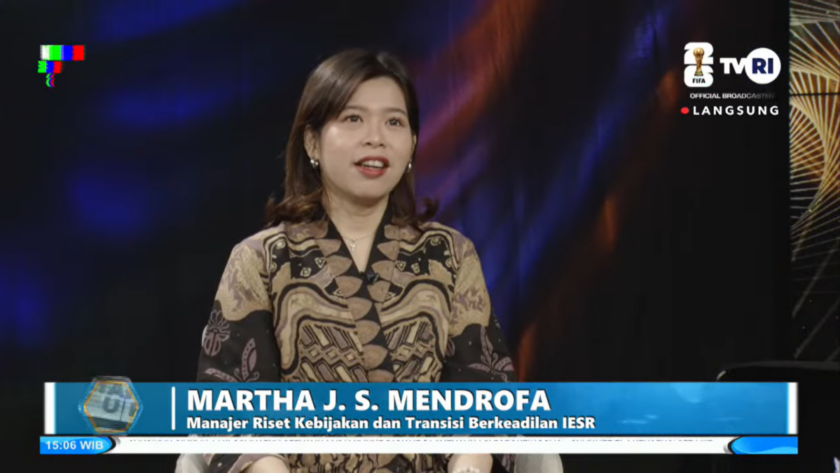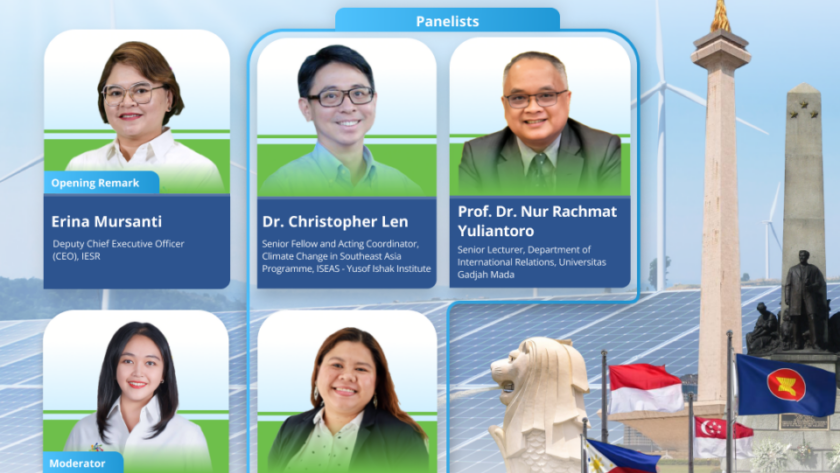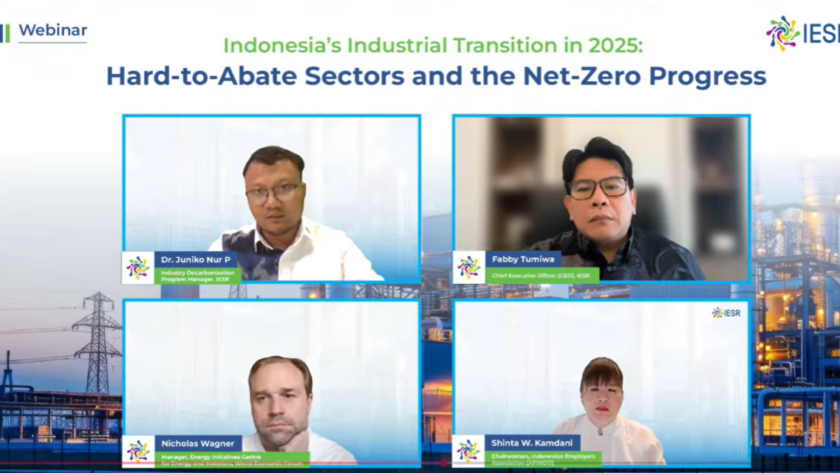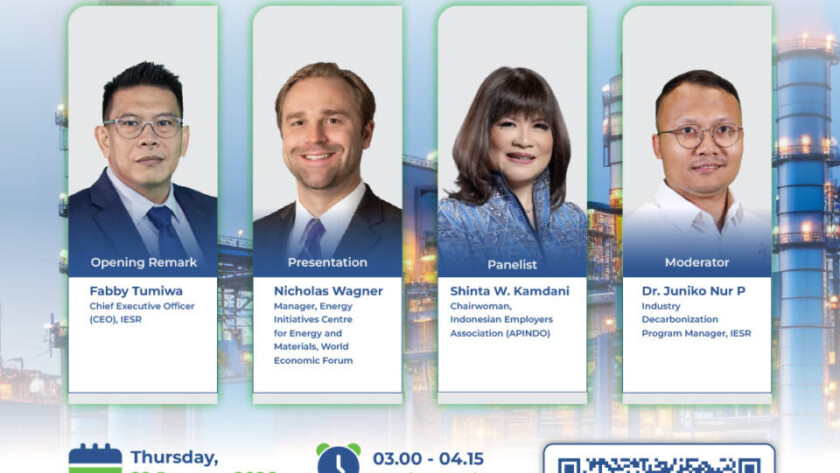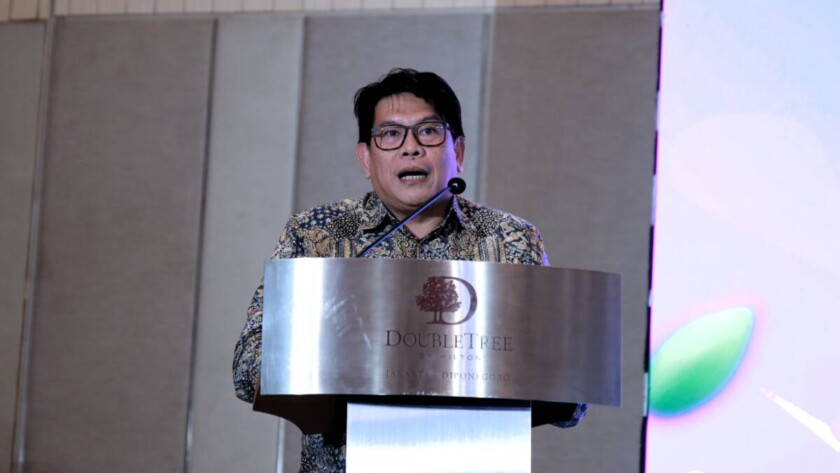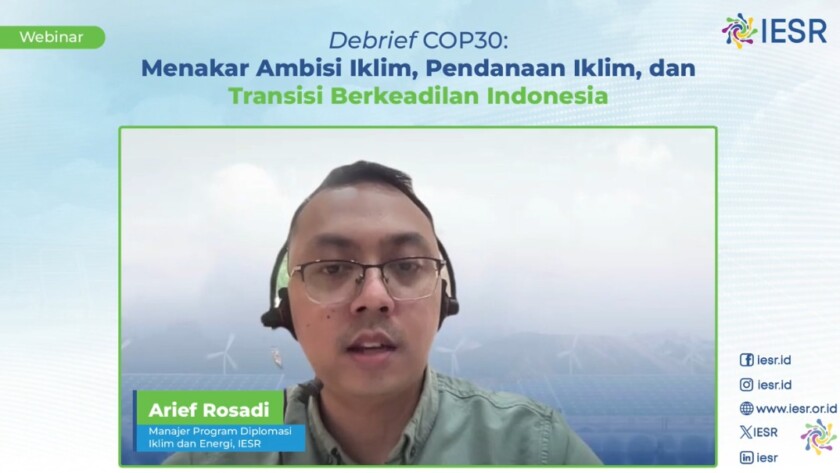Background
The growth of Indonesia's manufacturing industry in recent years has been matched by a rapid increase in the use of captive power plants, which remain dominated by fossil-fuel-based energy sources. Dependence on these carbon-intensive plants poses a long-term risk of carbon lock-in, potentially hindering the achievement of Indonesia's Net Zero Emission targets and increasing…

